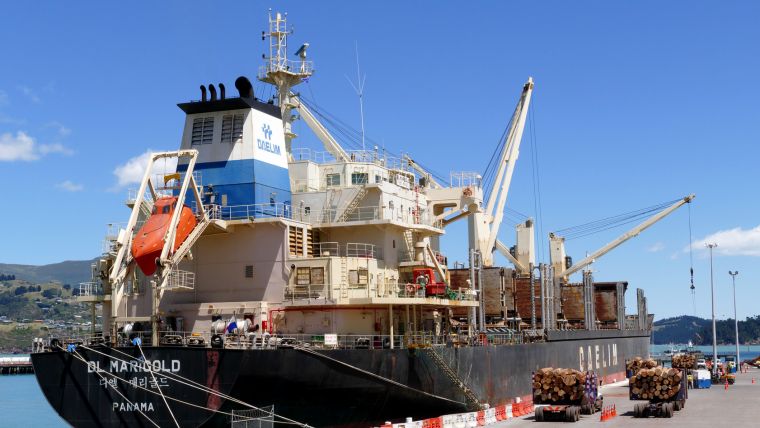GloLitter Partnerships Project Aims To Reduce Plastic Litter in the Maritime Industry
A global project to prevent and reduce marine plastic litter from shipping and fisheries has been launched last month by the International Maritime Organization (IMO) and the Food and Agriculture Organization of the United Nations (FAO). Initial funding for the project is from the Government of Norway.
The GloLitter Partnerships Project aims to help shipping and fisheries move to a low-plastics future. GloLitter will assist developing countries to identify opportunities to prevent and reduce marine litter, including plastic litter, from within the maritime transport and fisheries sectors, and to decrease the use of plastics in these industries, including identifying opportunities to re-use and recycle plastics.
The project will consider the availability and adequacy of port reception facilities; look at enhancing awareness of the marine plastics issue within the shipping and fisheries sectors, including seafarers and fishers; and encourage fishing gear to be marked so it can be traced back to its owner if discarded. These and other actions to reduce plastic litter have already been identified in IMO's Action Plan to address marine plastic litter from ships, adopted in 2018.
Guidance Documents, Training Material and Toolkits
The GloLitter project will develop guidance documents, training material and toolkits to help enforce existing regulations, including IMO's International Convention for the Prevention of Pollution from Ships (MARPOL) Annex V. Since 1988, this has prohibited the discharge of plastics, including discarded fishing gear, into the sea from ships. The project will also promote compliance with relevant FAO instruments (including the Voluntary Guidelines on the Marking of Fishing Gear) and will target waste management in ports.
It will, additionally, emphasise implementation and enforcement of IMO's London Convention/London Protocol regime on dumping of wastes at sea, which requires waste (such as from dredging) to be assessed before permits to dump are granted. The GloLitter project will include private sector participation through a global industry alliance and is seeking partners from major maritime and fisheries companies.
More info at www.imo.org.














